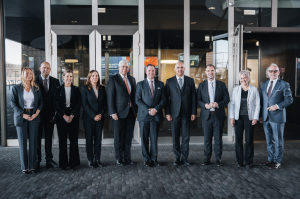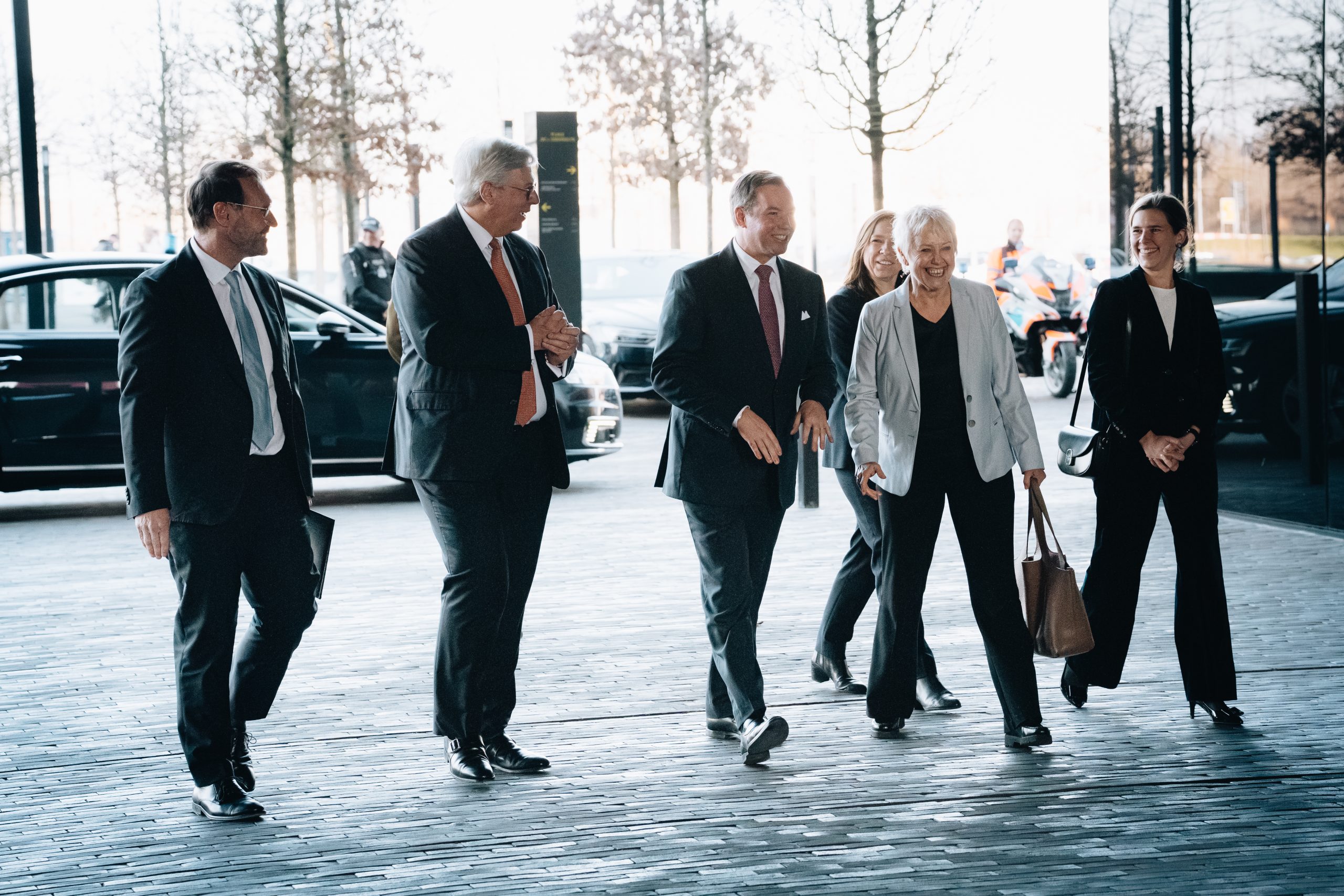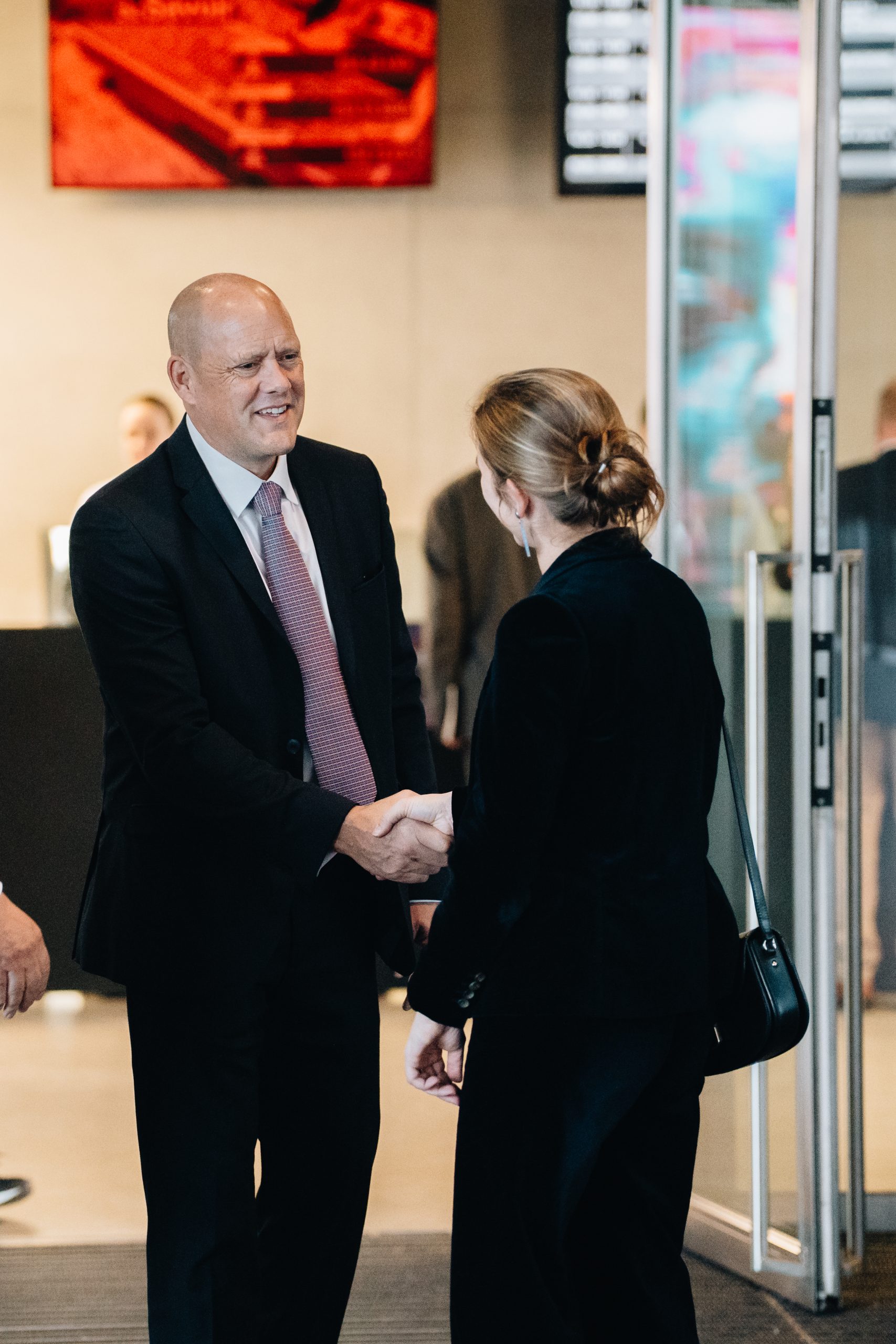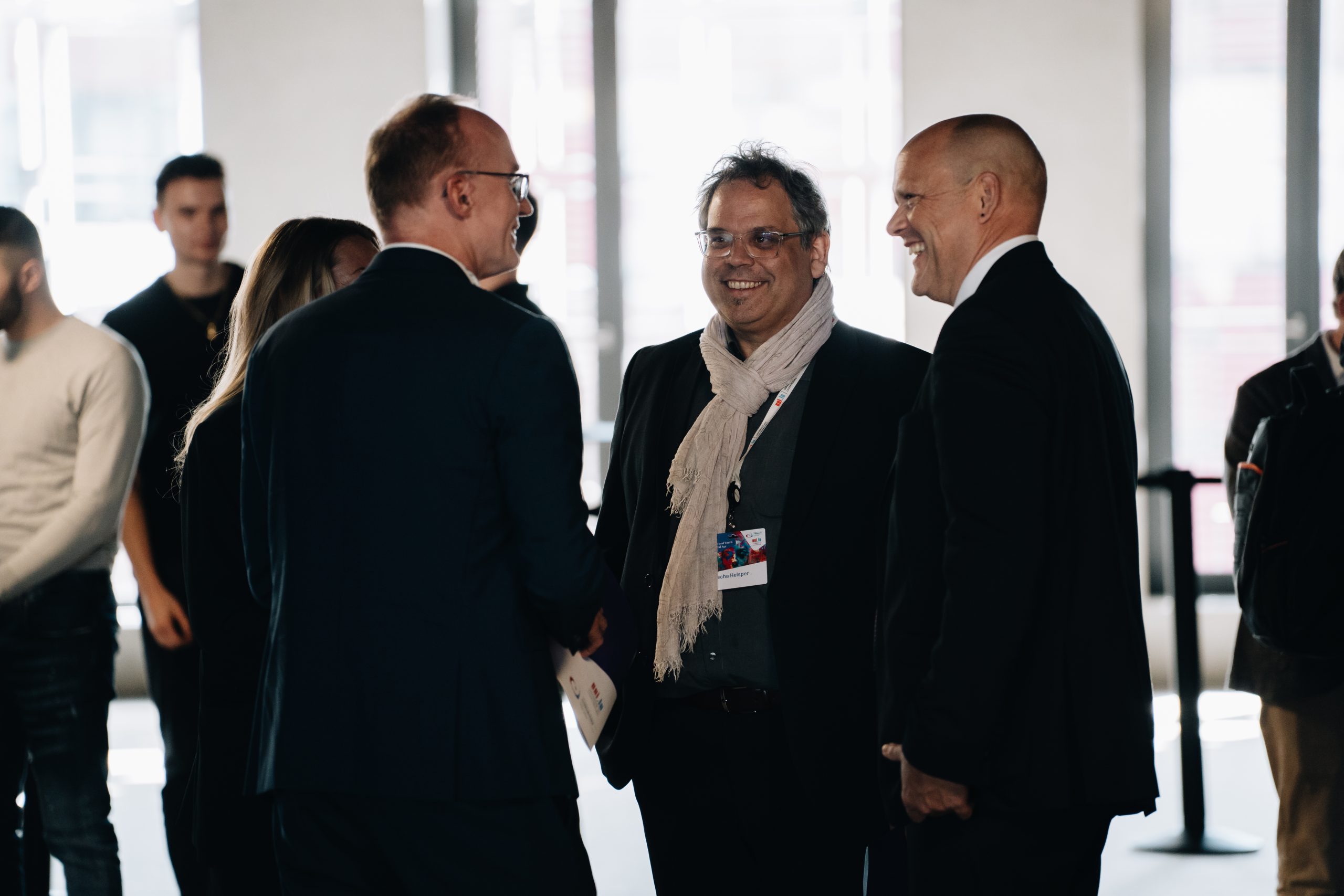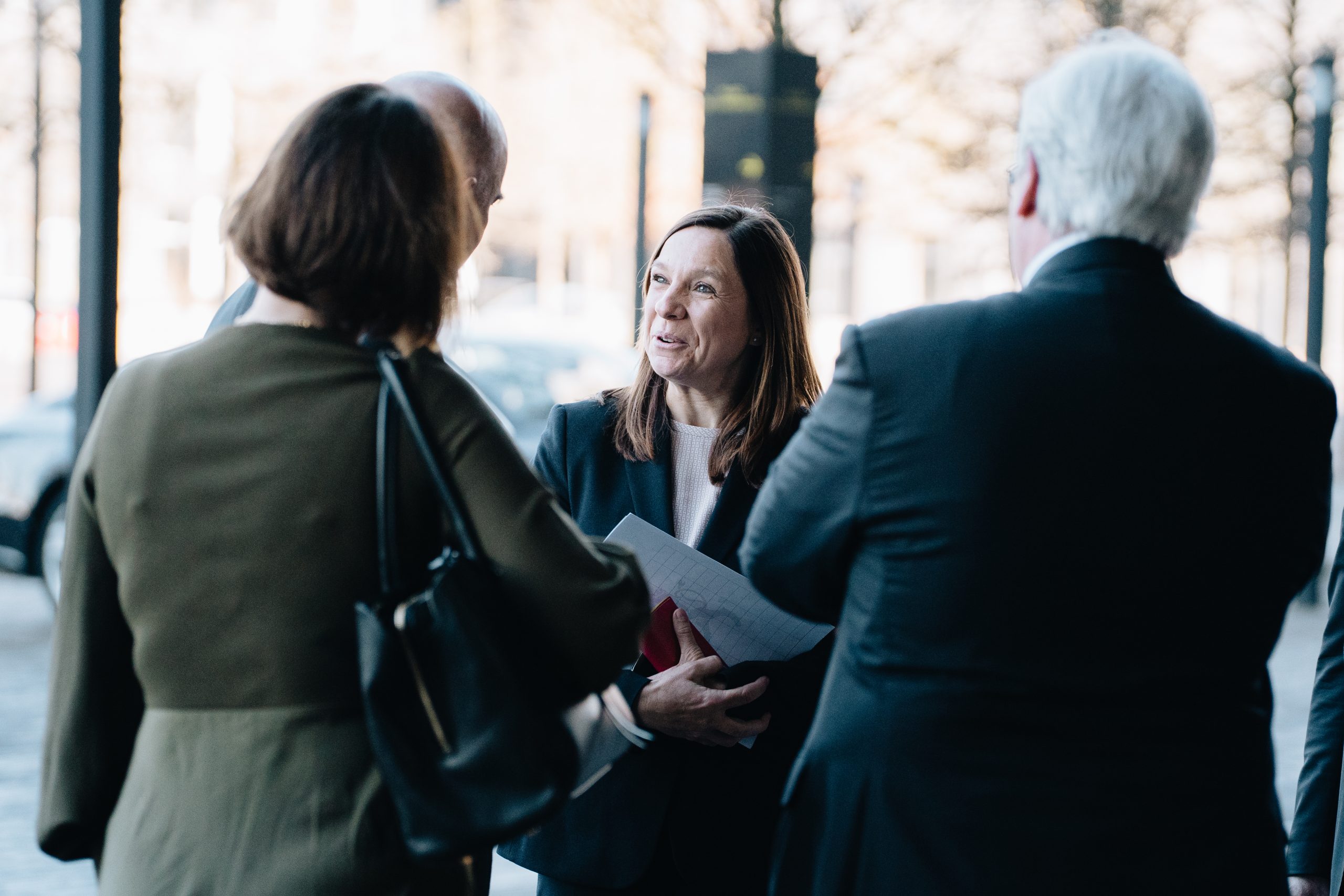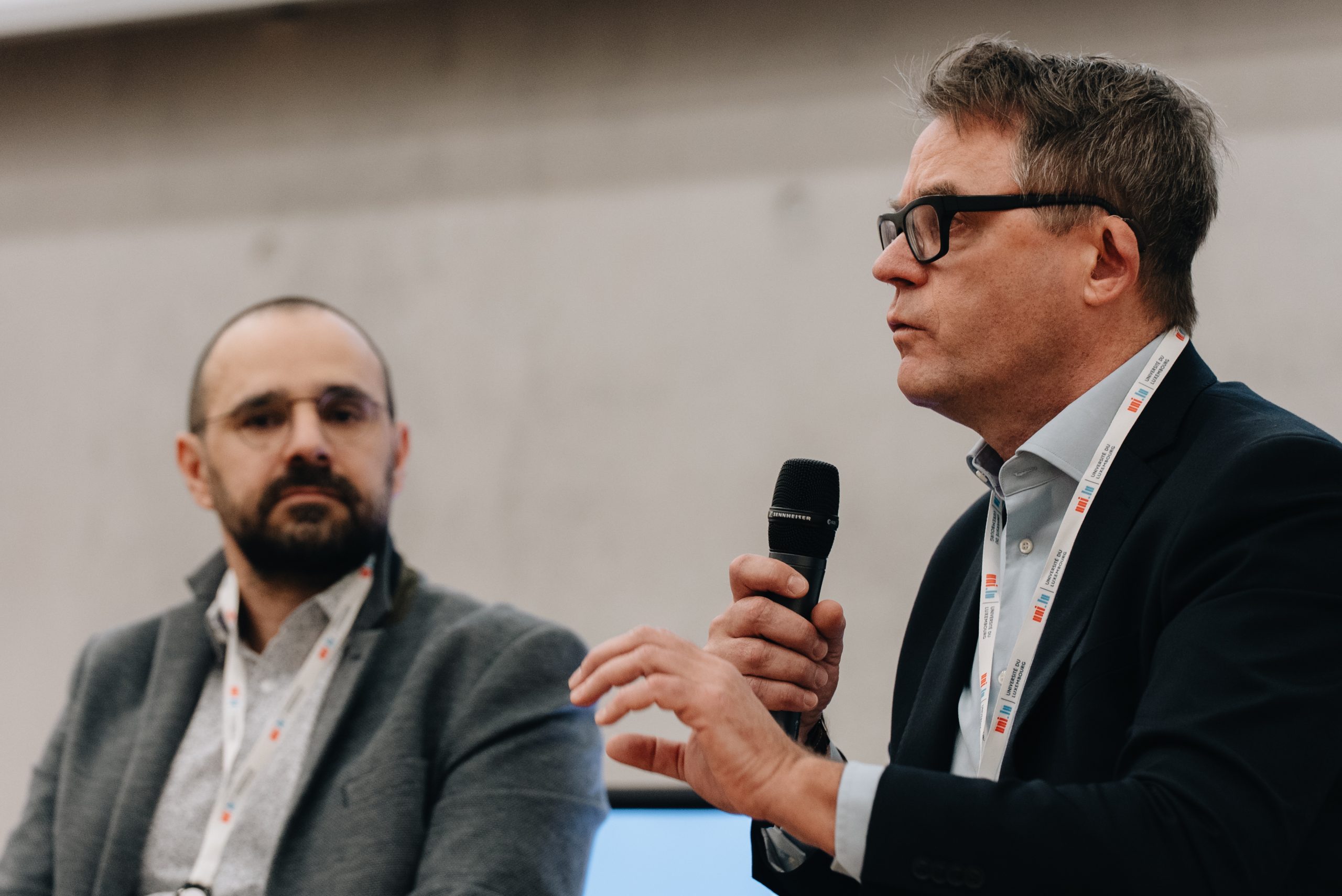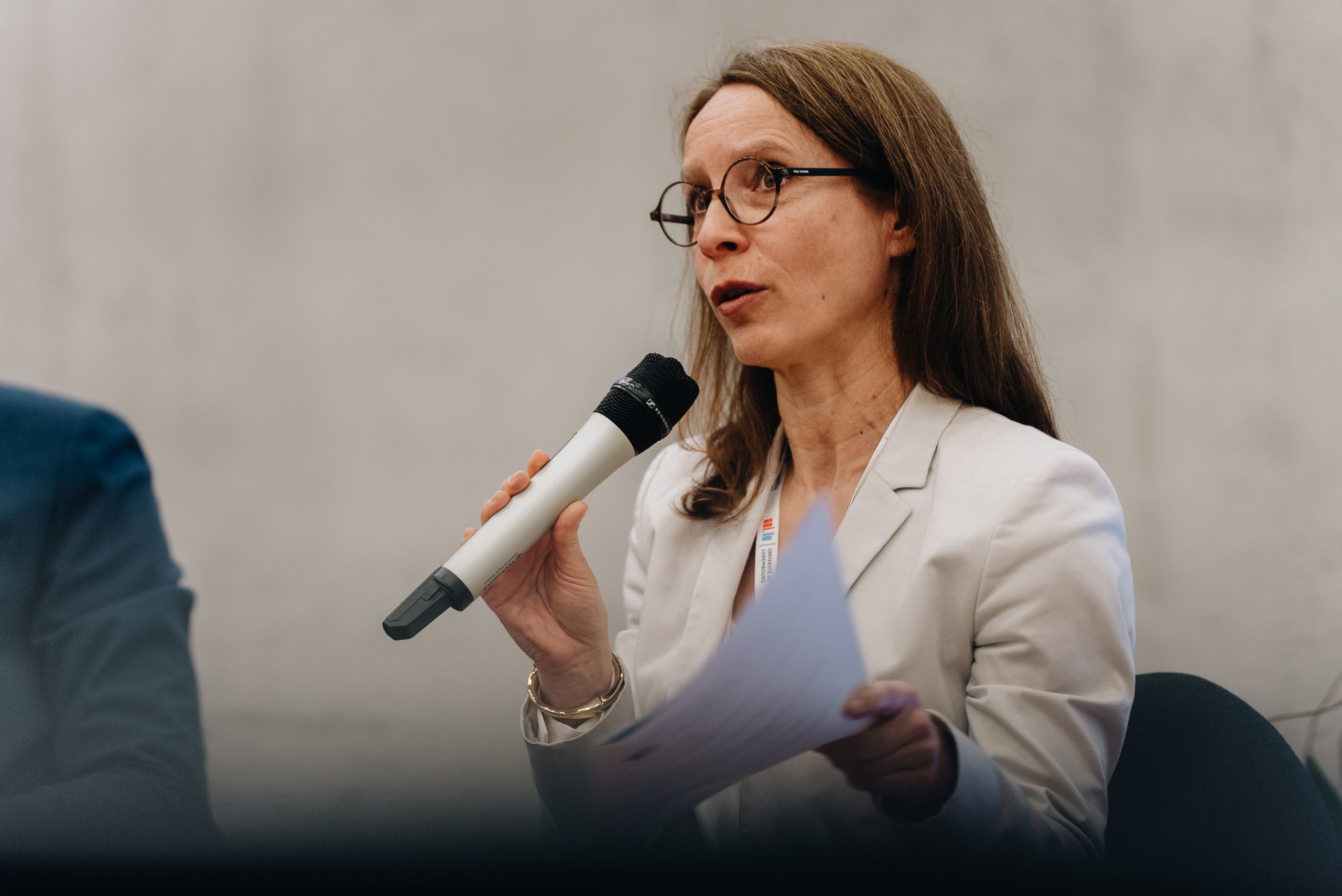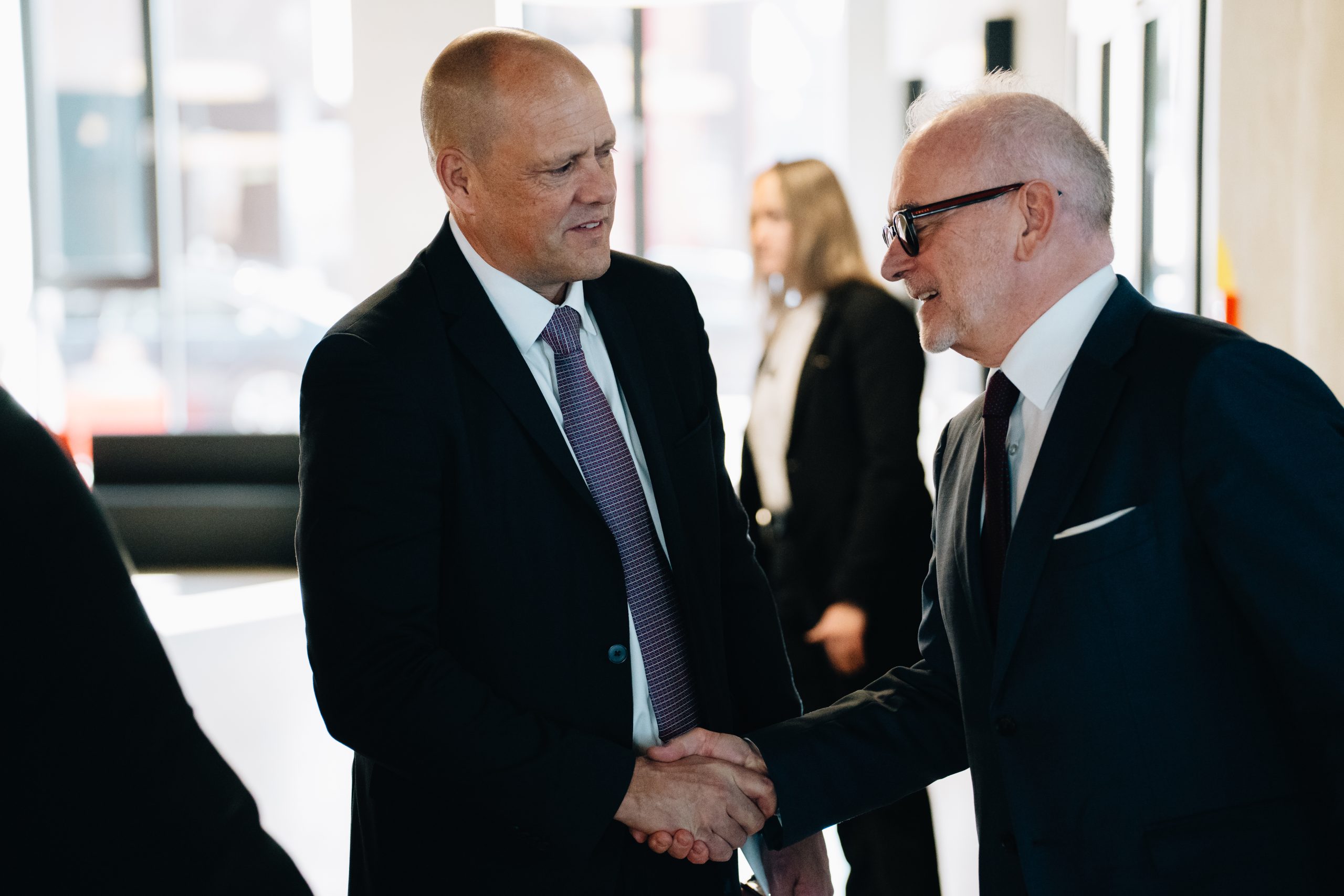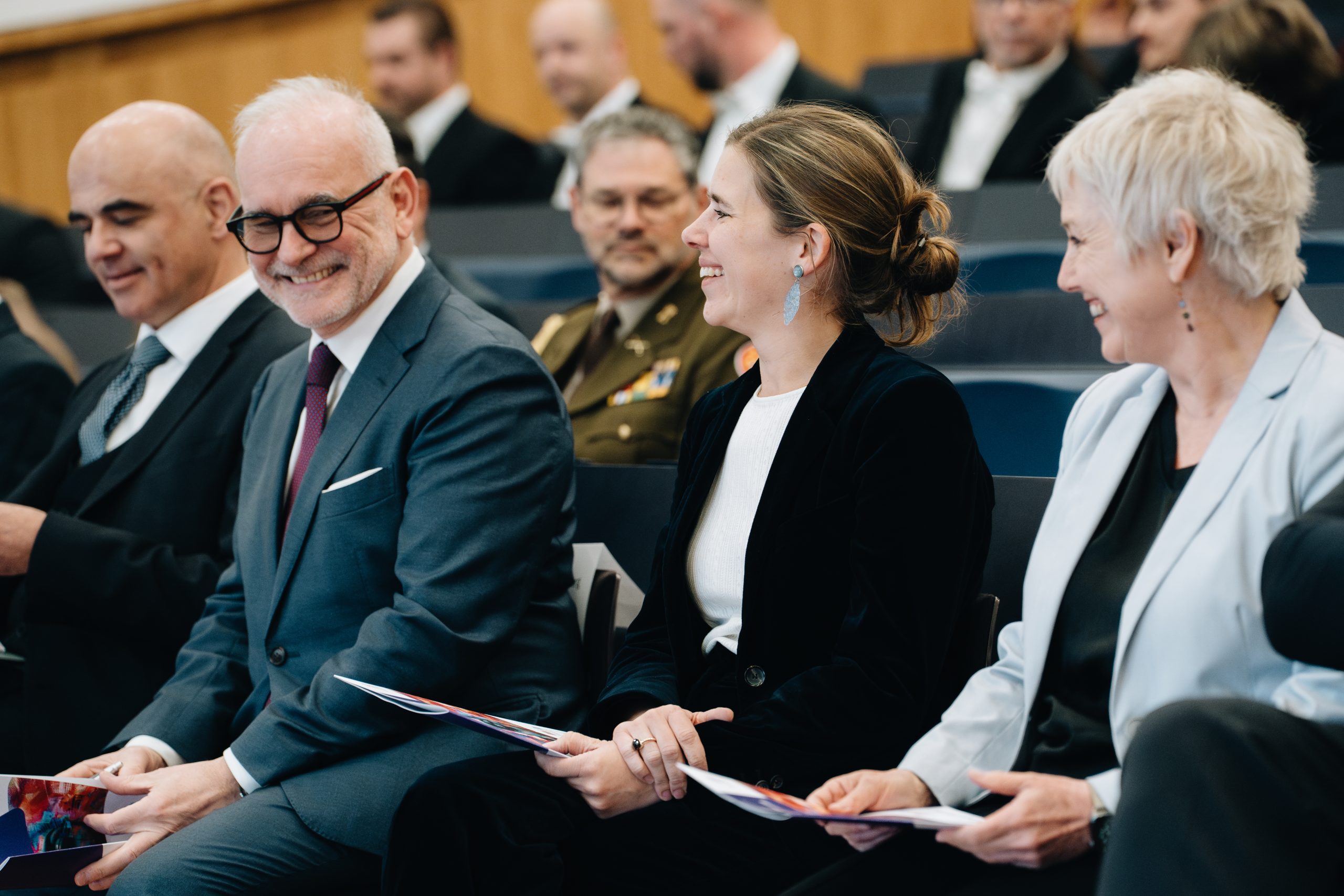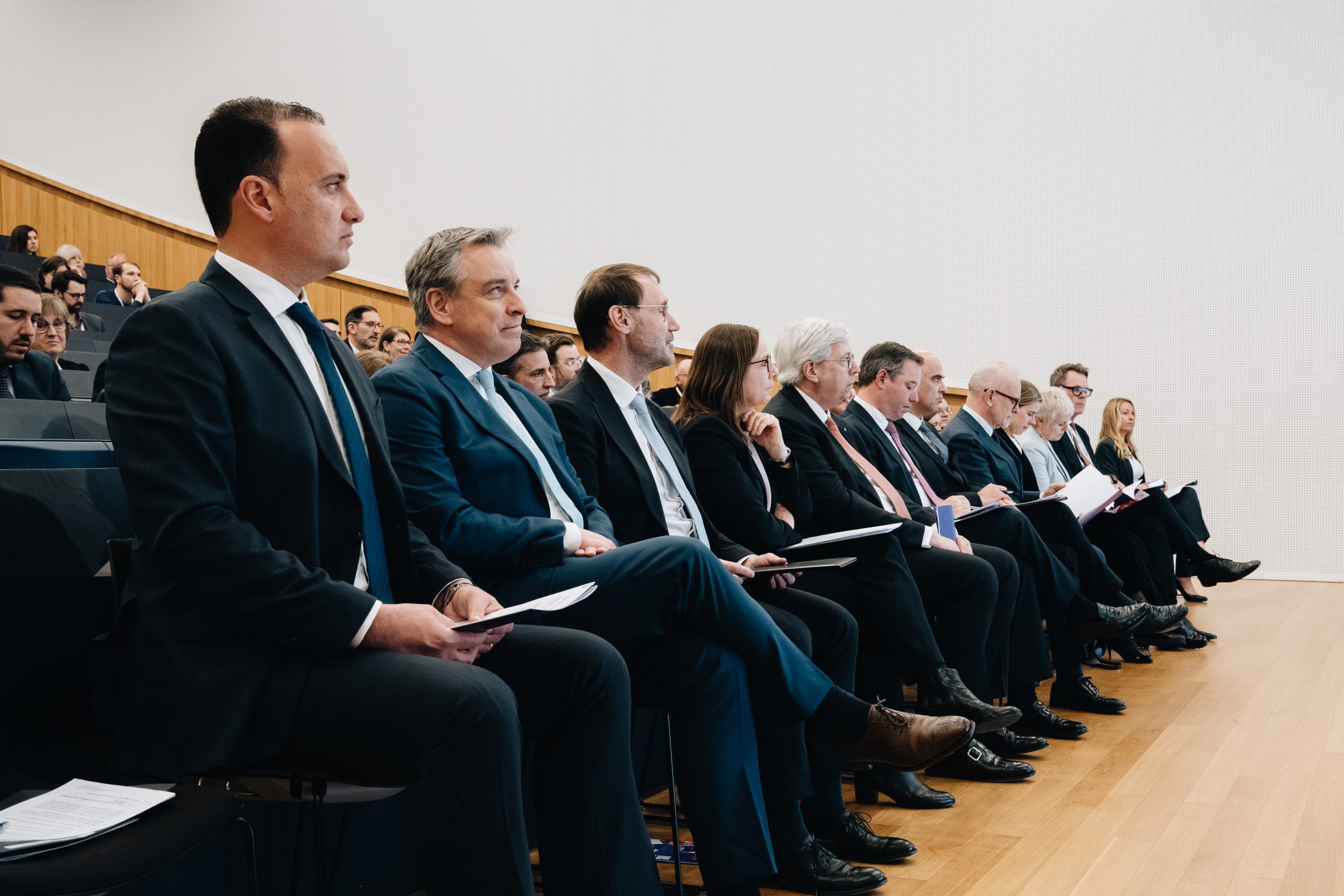At a time when technological challenges and the rise of misinformation are testing the foundations of our democracies, young people are emerging as key players in preserving them. This was the backdrop for the “Digital Democracy & Youth in the Digital Age” conference, organised by the University of Luxembourg in the framework of the Luxembourg Presidency of the Committee of Ministers of the Council of Europe. 40 international experts gathered to discuss how to integrate young people into the political processes of tomorrow, emphasising the need to rethink citizenship education and the use of digital tools.
“My intention here is industrial espionage. I will be taking back to Strasbourg everything that I heard here. The purpose really is to bring it into intergovernmental work and feed it into our production of policy responses”, said Matjaž Gruden, Director of Democracy at the Council of Europe, as he concluded his participation in the “Digital Democracy & Youth in the Digital Age” conference organised by the University of Luxembourg.
This three-day conference, held under the Luxembourg Presidency of the Committee of Ministers of the Council of Europe, aimed to develop concrete solutions to the challenges and opportunities of youth political participation in the digital age. This initiative was highly praised by the Director of Democracy at the Council of Europe: “we are extremely grateful for the Luxembourg Presidency and the University of Luxembourg to organise this event because it fits perfectly and contributes to what has been absolutely a priority of the organisation the last couple of years, which is trying to find ways in which to support our member states in countering democratic backsliding”, he noted.
Technological challenges and democratic participation of youth
The 40 speakers all agreed that the rapid pace of technological developments presents a challenge for all. Researchers struggle to find the right angles to study these issues, and national and European law is lagging behind. Everyone is trying to catch up with these developments but faces the complexity of the subject. “For young people, decision-making by traditional institutions is somewhat perceived as disconnected from their needs, their way of life, but especially from how they want to contribute to civil society and democratic decision-making,” explained Prof. Dr. Stefan Braum from the Faculty of Law, Economics and Finance. He added that they “want to be actors in this complex digital world, but they want to bring their tools, their perceptions, and their understanding of citizenship into it.”
Welcome to the Post-Truth era
Social media and their use for protest and activism were also central to the discussions. While digital platforms seem to offer a voice to everyone, they are also partly responsible for the spread of fake news and misinformation. We have entered the era of post-truth, where objective facts have less influence on public opinion than appeals to emotion and personal beliefs. “If we take post-truth seriously, then fact-checking, that’s not it anymore. We are already beyond fact-checking. We have to go through the narratives,” emphasised Dr. Dominic Harion from the Luxembourg Centre for Educational Testing. He added, “We have discovered that democratic education must be more than a set of skills. We need to teach young people to dare to step out of safe spaces to express themselves in larger public spaces.”
Play to understand better
The culture of memory is also undergoing a radical shift because it is directly influenced by the media and its usage. Associate Professor Andrea Binsfeld from the Faculty of Humanities, Education and Social Sciences(FHSE) pointed out that “teaching digital skills is a real challenge because it must be adapted to the specificities of the different media that exist today.” One potential solution could lie in learning through play, gamification. “Playing is experimenting,” explained Pedro Cardoso Leite, Associate Professor at the FHSE. “It generates emotions that can help better understand others. Thus, we hope to teach players to think differently, more critically, and perhaps reconsider their opinions.”
Between education, regulation and opportunities
After three days of discussions, exchanges, and presentations of various international research projects, the 400 guests present left with two key convictions. The first is the importance of education in digital skills, but also in democratic culture and open-mindedness. The second is that while digital tools can be beneficial, we must also learn to protect ourselves from their pitfalls while catching up on identifying their potential benefits for democracy.
